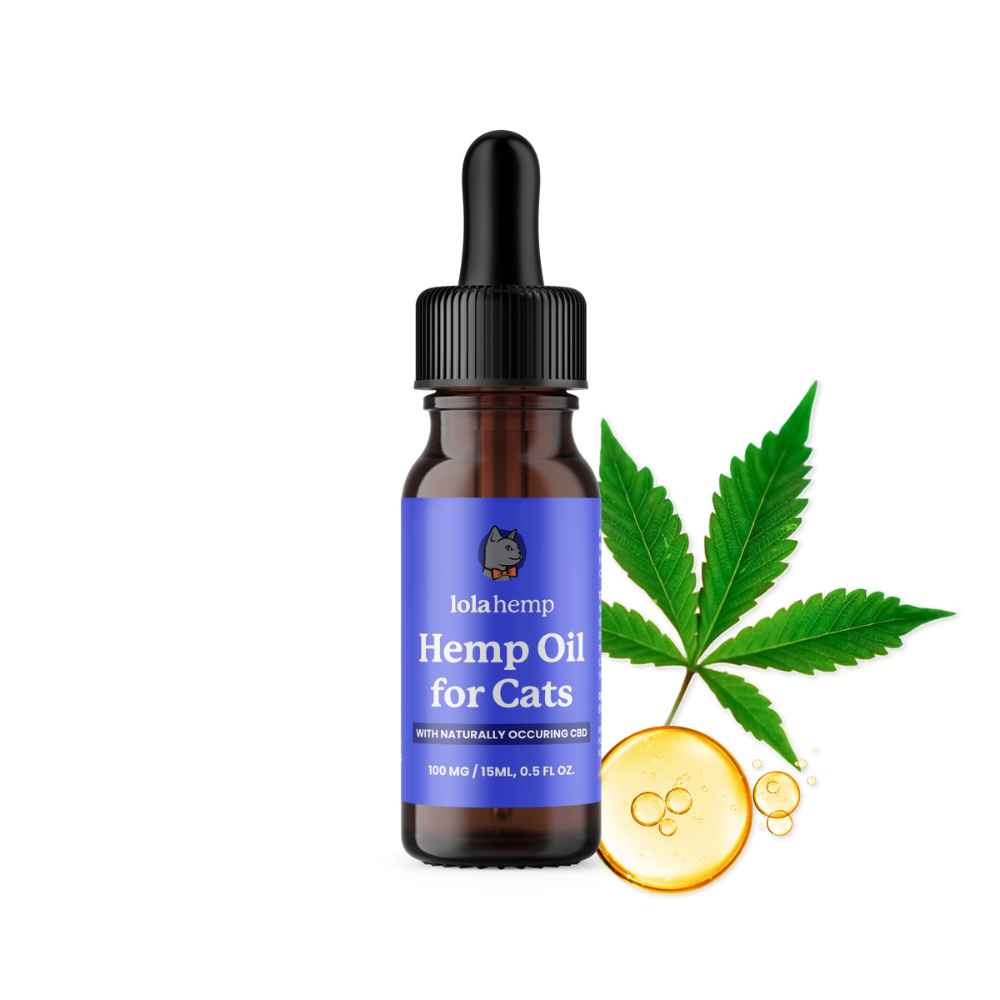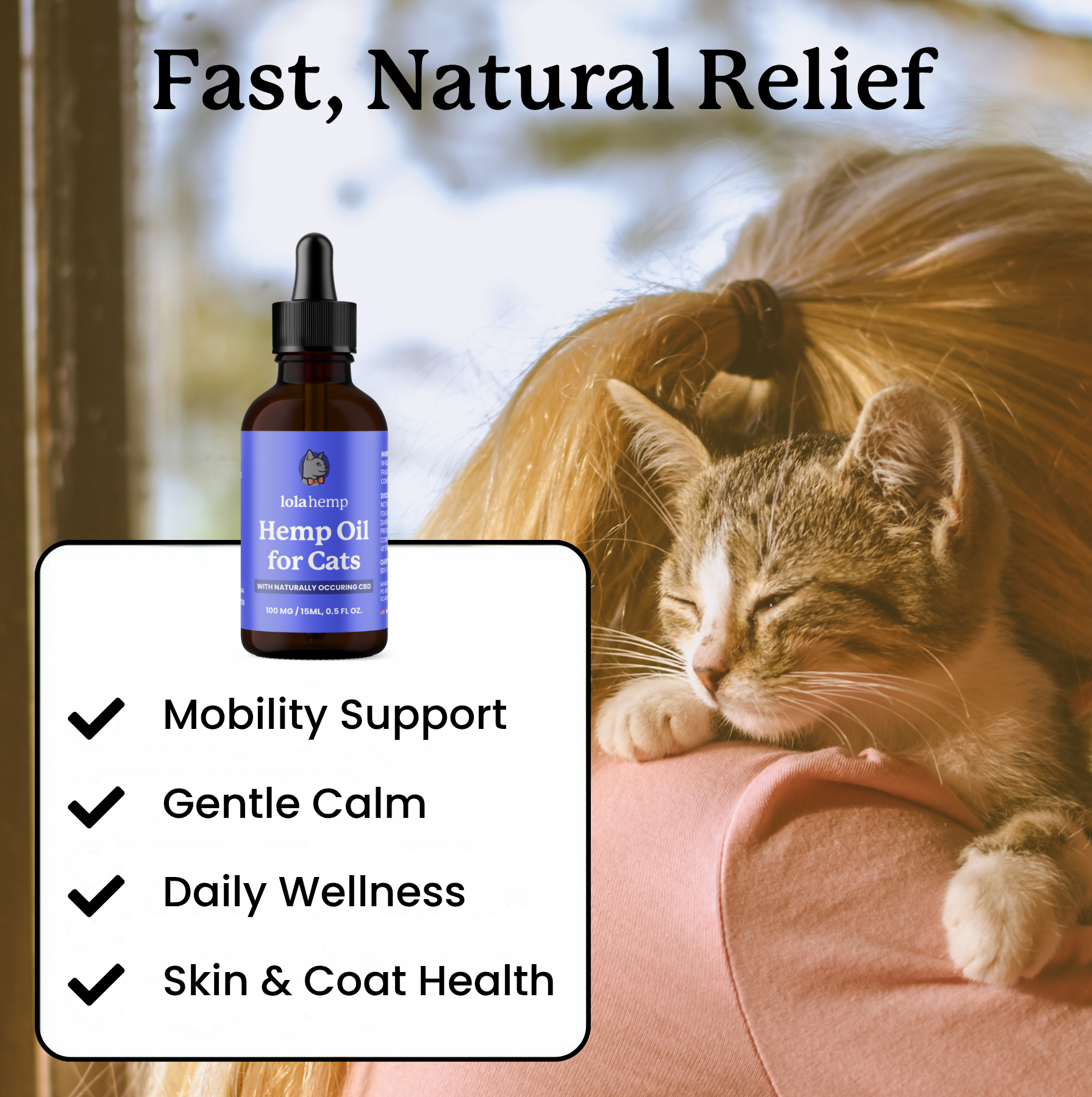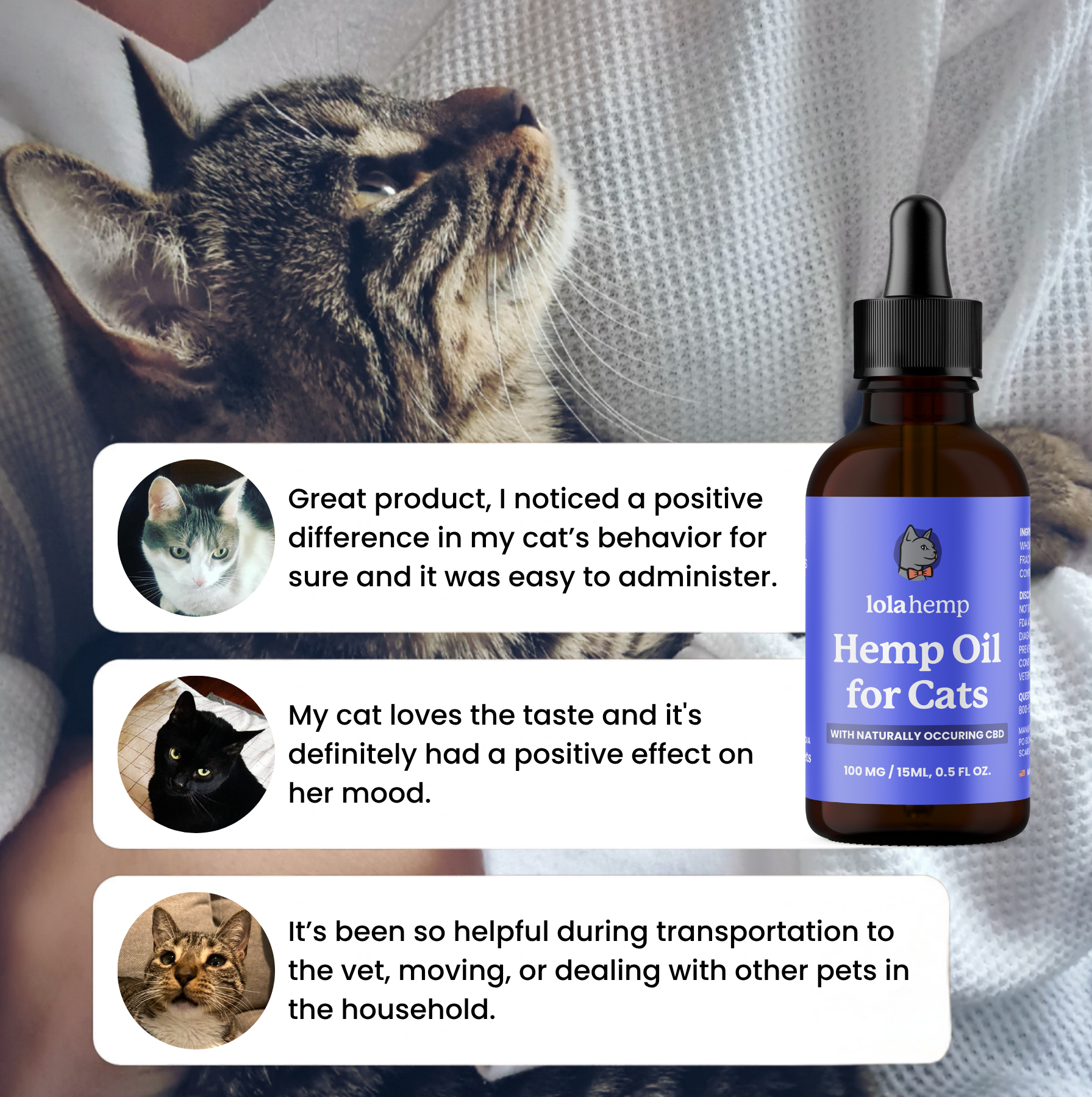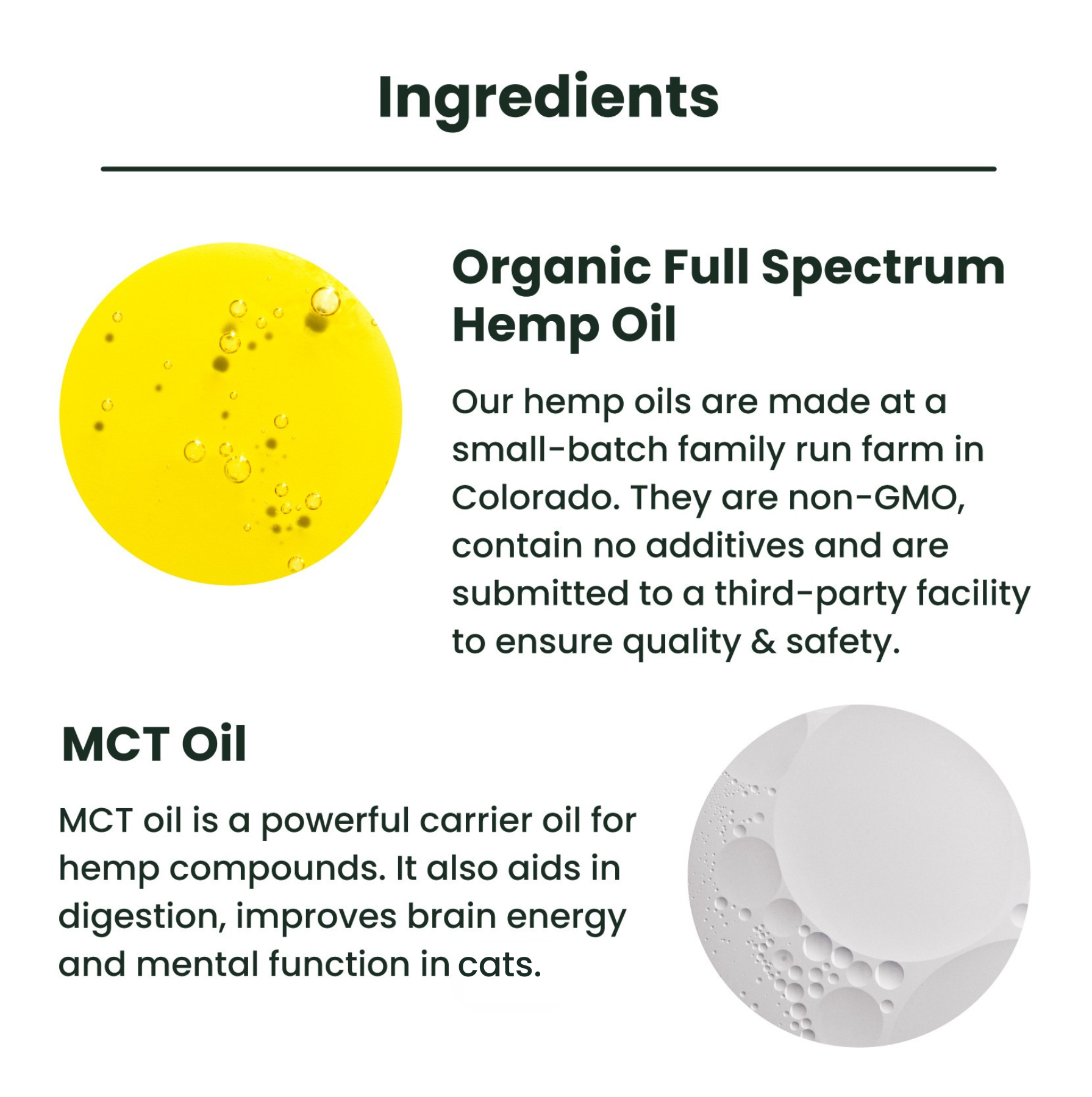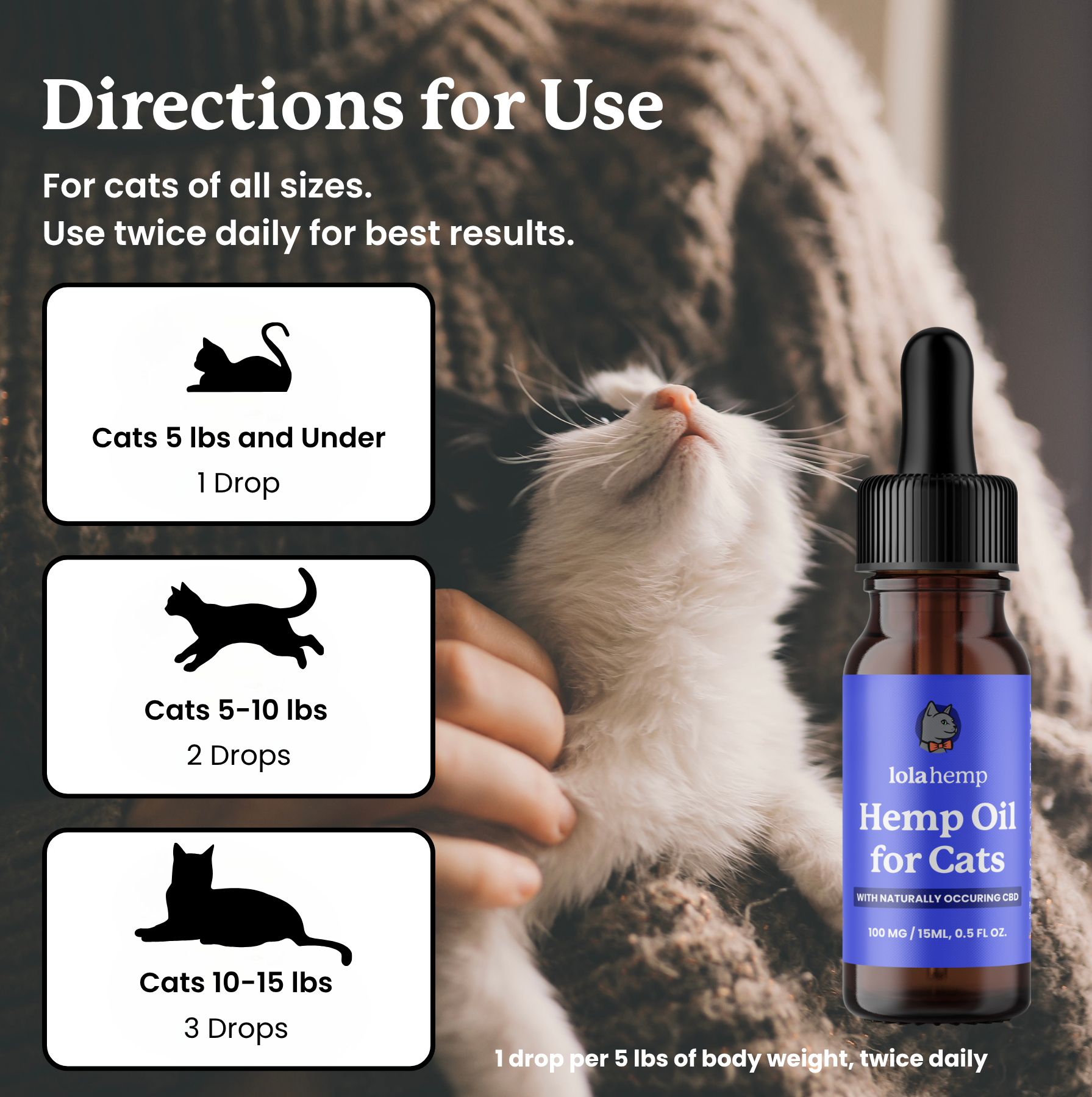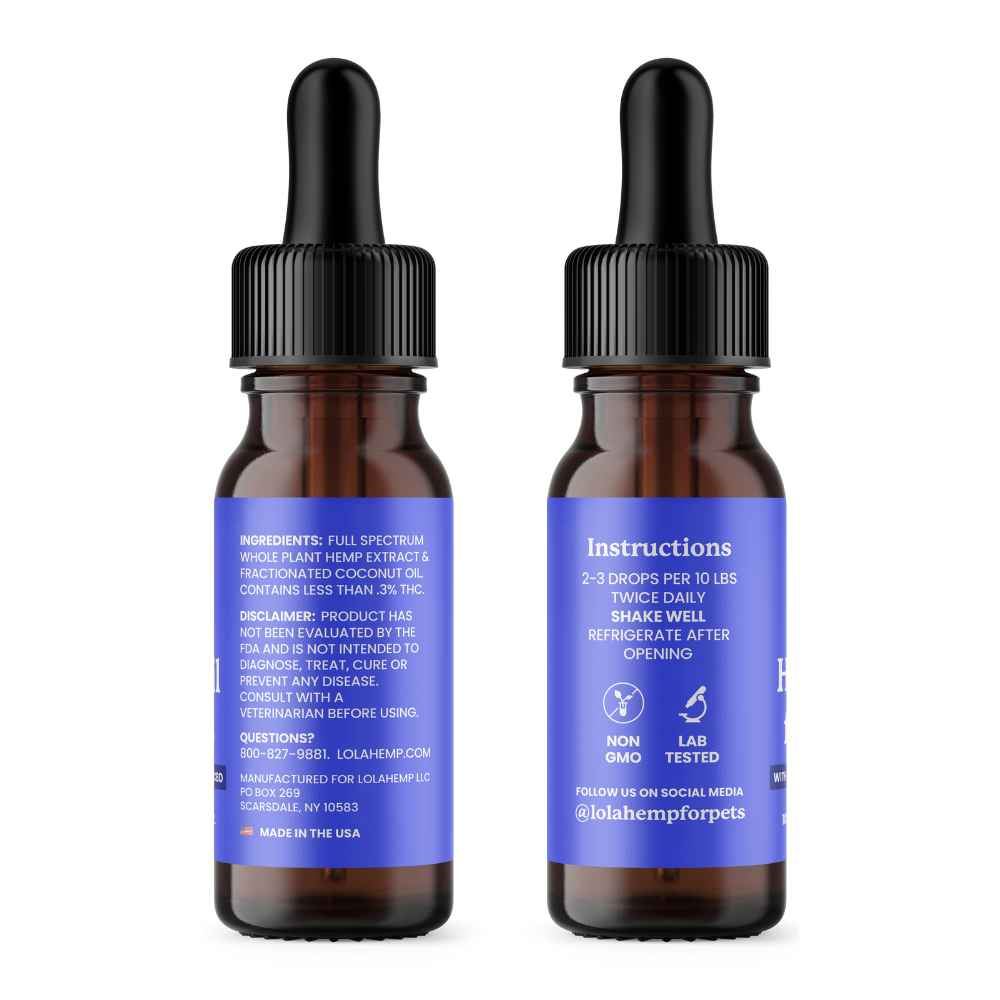As more pet owners seek natural solutions to support their cats' well-being, hemp-based products have gained popularity. Hemp, a strain of the cannabis plant with negligible THC content, has long been valued for its nutritional and wellness benefits. Hemp-based treats and supplements are becoming a go-to option for feline health, offering a natural source of essential nutrients, fatty acids, and plant compounds that may support various aspects of a cat’s overall well-being.
What are Hemp Cat Treats?
Hemp cat treats are snacks infused with hemp-derived ingredients such as hemp seed oil or hemp extract. While some may also contain CBD, hemp itself is rich in beneficial compounds beyond cannabinoids, including omega fatty acids, antioxidants, and plant-based proteins. These treats are often incorporated into wellness-focused pet products designed to support feline health in a gentle, natural way.
Hemp treats may contain cannabinoids like CBD, which are believed to have wellness benefits such as joint support and promoting emotional balance. However, even without CBD, hemp is packed with valuable nutrients that contribute to a cat’s overall well-being.
What are the Benefits of Hemp Cat Treats?
Hemp cat treats can offer a variety of potential health benefits, depending on their formulation. While results may vary, many pet owners report positive changes in their cats’ overall wellness after consistent use. It’s always best to consult your veterinarian before introducing hemp-based products into your cat’s diet.
Here are some of the key benefits of hemp cat treats:
- Joint and Mobility Support – Hemp’s naturally occurring omega-3 and omega-6 fatty acids may contribute to joint flexibility and overall mobility, especially in older cats.
- Skin and Coat Health – The essential fatty acids in hemp seed oil can help improve skin hydration, reduce dryness, and promote a shinier coat.
- Emotional Balance – Hemp compounds, including CBD (if present), may have a calming effect on cats, which could help with anxiety during stressful events like vet visits or loud noises.
- Digestive Health – Hemp is a natural source of fiber, which can support digestion and promote a healthy gut microbiome, potentially easing occasional digestive discomfort.
- Immune System Support – Hemp is rich in antioxidants, which may contribute to overall immune health by helping the body combat oxidative stress.
Safety and Dosage of Hemp Cat Treats
Hemp cat treats are generally safe when given in appropriate amounts. While hemp itself is a non-intoxicating ingredient, it’s important to monitor your cat’s response and follow the dosage guidelines provided by the manufacturer. If the treats contain CBD, proper dosing is even more critical.
For hemp treats containing CBD, a common guideline is 1 mg of CBD per 10 pounds of your cat’s weight. However, because every cat responds differently, it’s best to start with a low dose and gradually increase as needed while keeping an eye on any changes in behavior or digestion.
What Cat Owners Should Know About Hemp Treats
- Consult Your Veterinarian – Before introducing hemp treats to your cat’s routine, consult your vet to ensure they are a good fit for your cat’s specific needs.
- Choose the Right Dosage – If the treats contain CBD, follow dosing guidelines carefully. Start with the lowest recommended dose and adjust based on your cat’s response.
- Hemp is Non-Psychoactive – Unlike THC, hemp does not produce any intoxicating effects. Look for hemp-based treats that are specifically formulated for pets to ensure safety.
- Check for Quality and Purity – Not all hemp products are created equal. Look for third-party lab-tested options to ensure they are free from pesticides, heavy metals, and contaminants.
- Monitor for Any Side Effects – While most cats tolerate hemp well, some may experience mild digestive upset or drowsiness. If you notice any adverse reactions, reduce the dosage or discontinue use.
- Consistency is Key – Hemp treats may take time to show their full benefits. Regular use allows for the best results, particularly for long-term wellness support.
Conclusion
Hemp cat treats offer a natural and nutritious way to support your cat’s overall health, from mobility to skin health to emotional balance. Whether or not they contain CBD, hemp-based products provide valuable nutrients that contribute to a cat’s well-being. As with any supplement, choosing high-quality, third-party-tested treats is essential for ensuring safety and effectiveness.
If you're considering hemp treats for your cat and have questions, contact Lolahemp for expert advice on finding the right hemp-based products for your pet. We’re here to help you make an informed decision and find the best option to support your feline friend’s health naturally.
Frequently Asked Questions About Hemp Treats for Cats
Are hemp treats safe for cats?
Yes, hemp treats are generally safe for cats when used as directed, but you should always follow manufacturer guidelines and consult your veterinarian.
Do hemp treats make cats sleepy?
Some cats may experience mild drowsiness, especially if the treats contain CBD, but most tolerate hemp well.
Can hemp treats help with my cat’s anxiety?
Hemp treats may promote emotional balance, and those containing CBD may offer additional calming benefits.
How often should I give my cat hemp treats?
Follow the dosing instructions on the product label. Consistent daily use typically provides the best results.
Do hemp treats contain THC?
Hemp treats formulated for pets contain negligible or no THC, ensuring they are non-intoxicating and safe for cats.

